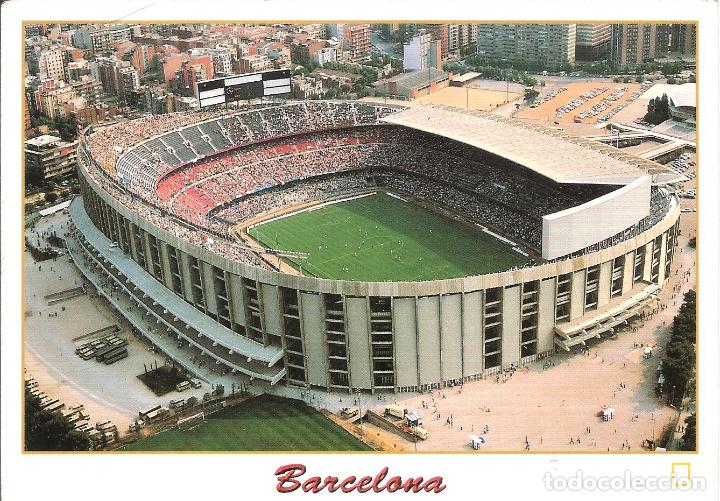Exploring the Legacy of Nou Camp: Home of FC Barcelona

Introduction
Nou Camp, also known as Spotify Camp Nou for sponsorship reasons, is one of the most iconic football stadiums in the world. Located in Barcelona, Spain, it has been the home of FC Barcelona since its inauguration in 1957. This extraordinary venue has not only hosted numerous historic football matches but also stands as a cultural symbol for the city and its loyal fan base. With a capacity of over 99,000, it is the largest stadium in Europe and the third-largest in the world, making it an essential landmark in the realm of sports.
Recent Events and Developments
As we move into 2023, Nou Camp continues to evolve. In recent years, FC Barcelona has initiated a major renovation project named ‘Espai Barca’ aimed at modernising the stadium and enhancing the fan experience. The renovations are expected to be completed in 2025, with improvements that will include upgraded seating, enhanced accessibility, and better facilities. This transformation is seen as vital for keeping up with the demands of modern sports environments while preserving the unique atmosphere that makes Nou Camp so special.
Additionally, the stadium is also gearing up to host several international events, including concerts and other sporting events. For instance, it recently welcomed a significant global music artist, which underscores Nou Camp’s versatility beyond football. As a result, it not only continues to serve as a sanctuary for sports fans but also as a venue for cultural moments that resonate with broader audiences.
The Cultural Impact of Nou Camp
Nou Camp is more than just a stadium; it is a beacon for catalan culture and pride. The home games of FC Barcelona are highlighted by their approximately 90,000 loyal fans who gather to cheer for their team, creating an electrifying atmosphere. The rivalry matches against Real Madrid, known as ‘El Clásico’, draw attention from millions around the globe, showcasing the stadium’s stature in international football. Furthermore, visiting the stadium is a pilgrimage for many football enthusiasts who seek to explore its rich history through guided tours that offer insights into the club’s legacy.
Conclusion
In conclusion, Nou Camp stands not only as a monumental venue for football but also as an integral part of Barcelona’s cultural identity. With its ongoing renovations and the charter to host diverse events, the stadium is poised to remain a central figure in the world of sports and beyond. As we look ahead, the significance of Nou Camp will undoubtedly grow, continuing to inspire both fans and visitors alike, solidifying its status as a premier destination in global sports culture.









